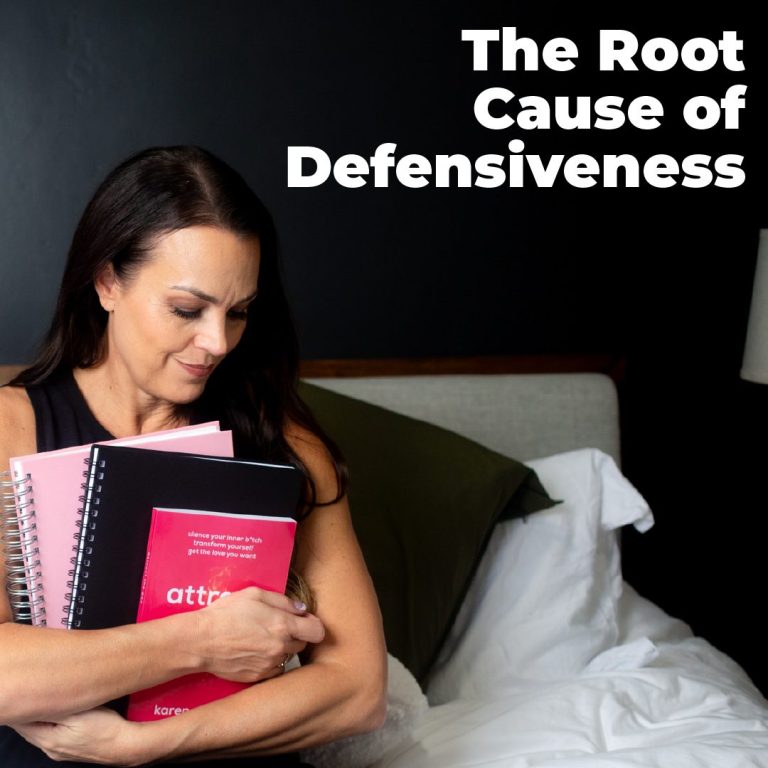When I moved to Utah to go to college, my sister Sally and her husband Todd lived close by. They had their first child Grace days after I arrived, to my absolute utter delight! I get to leave home AND babysit my newborn neice?!?!? It was so exciting. The first summer after my freshman year, I lived with them and was Grace’s nanny while my sister worked.
It’s one of my fondest memories. This was in 1993, so Grace is now 31 and just had her second child. Seeing her babies brings me right back to that beautiful summer. Grace in my baby backpack, walking around downtown Salt Lake, going to Liberty Park, stopping at Great Harvest Bakery for fresh bread. YUM. Everyone, and I mean everyone we passed would stop in awe of this beautiful baby. Smiling 24/7 – every human wanted to stop and say hi.
That summer was eye-opening, too. I don’t remember the exchange that happened prior, but I remember Todd saying to me, “You Knudsens are so damn defensive!” (Knudsen is my maiden name)
I was 19 years old, and I didn’t know what he meant.
I didn’t know what “defensive” was, let alone know that I was being defensive.
I wasn’t even aware that I perceived I was under attack.
Now I know that my young not-yet-developed brain had translated his words. In my head, I heard, “You’re stupid. You’re wrong. You’re not good enough.”
I’m pretty sure he said I was fat, too. 🙂
What is the root cause of defensiveness?
If you ask Google, it lists dozens of “root causes”: fear of rejection, lack of self-esteem, lack of confidence, and several others.
I respectfully disagree. I see a list of symptoms and not root causes.

When we fear rejection, somewhere in our subconscious minds, we were led to believe that we are not enough and that someday we will be abandoned and alone.
If we lack self-esteem, we were led to believe that we are not enough exactly the way we are. Somehow along the way, we interpreted events in our lives as “evidence” that we are not good enough as our true authentic selves.
When we are afraid of conflict, we were led to believe that conflict is catastrophic and must be avoided at all costs. Why? Because we have developed a belief about the potential catastrophic outcomes of conflict. For example, we might believe that we could be abandoned. The fear of abandonment boils down to…you guessed it, we were led to believe that we are not good enough to express our emotions. Perhaps we were led to believe that our emotions themselves are not valid and not important. Plenty of nuanced emotions lie beneath the surface of these symptoms, but at the core of them all is the belief that we are just not good enough.
That belief, which I held on to for decades, was the result of how I interpreted the circumstances and events in my life.
Like most subconscious beliefs, we may not be aware that we hold those beliefs.
Beliefs are not developed by events themselves, no matter how tragic or heartbreaking, that cause the lack of self-worth and self-love.
It’s the beliefs you attached to the events.
The same two people can live through the same circumstances and develop completely different beliefs.
One child can live through horrendous amounts of trauma and develop a positive outlook by defining such trauma as something that made them stronger. They may develop a powerful sense of gratitude that they are no longer dependent on the broken, suffering people who raised them. They are free and can create the life THEY want.
Another child with none of the “capital T” trauma can develop crippling insecurity because of something a former teacher said years ago. We can experience circumstances as traumatic and hold on to those beliefs we create for decades.
Another example of this is the two brothers raised by the same alcoholic father.
One brother became an alcoholic and when asked “Why do you drink?” He answered, “Because my father drank.”
His brother who grew up and never drank an ounce of alcohol was asked, “Why don’t you drink?” to which he answered, “Because my father drank.”
You can live through two seemingly similar experiences and interpret them completely differently.
We all create beliefs as we download everything we see and hear while our brains were developing.
Defensiveness absolutely can be and is the symptom of trauma, most certainly.
And, a child with no “capital T” trauma, can experience the same belief about themselves as a child who endured repeated abuse.
Parents can’t control how their children interpret the events around them.

All of my clients who struggle with low self esteem have completely different backgrounds. They had different parents with varying parenting styles, economic backgrounds, different places, and they lived through different experiences, and yet at the core of their subconscious was the same belief:
I am not good enough.
I had a recent (yet somewhat crass and silly) experience when John and I were in Grand Cayman. I experienced this phenomenon in real time with John saying the exact same words at two different times:
“Your boob is hangin’ out.”
John looked down at me in the elevator and my swimming suit was popping open. When I was alerted to the “boob situation” at hand, I started laughing hysterically.
Then, on the plane home, I could feel my thoughts rushing toward what was waiting for me when I got home.
No more ocean water, no more walks on the beach, no more time off. All of my responsibilities are waiting for me. All of my deadlines, projects, bookkeeping, and taxes were waiting for me. I found myself creating panic and dread in my mind. I used some breathing techniques and dove back into the novel I was reading. I tried to put my mind at ease and remind myself that I would tackle all of that on Monday morning when it was time to get back at it.
Then I stood up, and John alerted me of another boob situation. (I was so sunburned that it was too painful to wear my bra)
He said the same exact words to the exact same person.
But this time I didn’t laugh at all. I was embarrassed. I was ashamed. I had HEARD him say that I was embarrassing and I needed to cover up.
I wasn’t good enough.
What he said was, “Your boob is hangin’ out.”
How do we translate the same 5 words, from the same human, into two completely different meanings?
Our nervous systems are sometimes in fight or flight.
When we were in the middle of paradise and focused on healing, relaxing, and strengthening our relationship, nothing bothered me. There was nothing to fix.
I didn’t have any strong preferences. I didn’t care what we did when, and I didn’t care when or what we ate. I didn’t care if we left the beach chair.
My phone was turned off, my computer was turned off and so was my fight-or-flight knob. I was completely and totally relaxed.
Then, as I headed home and those ol’ trusty neuropathways showed back up and took me down the path to worry, I was activating my fight or flight. Thoughts of things I needed to do and worrying about thing 1 through thing 347 on my list were increasing the intensity of my nervous system deregulation.
That’s how powerful our thoughts can be.
On a scale of 1-10, when our nervous systems are at level 380, our translators will not work. We will hear words as attacks. We activate the part of the subconscious that has held on to the belief that we are not enough.

The specific circumstances of what led to creating our defensive tendencies aren’t of the utmost importance. I don’t mean it doesn’t matter what happened to you. It certainly matters. But what matters more than the specific details of your circumstances is how you interpreted what happened to you. The same two women could be victims of assault, and one woman can come away saying, “I’m glad he didn’t kill me.” The other woman can be paralyzed with fear and despair. As you are downloading everything around you and trying to make meaning out of it, you create beliefs about yourself. Our interpretations of our experiences create our beliefs about ourselves.
Your circumstances do not have to determine your self-worth.
Once you understand how you interpreted those experiences and understand what meaning you gave those circumstances, you realize the most important thing:

That’s why it’s the best news ever.
YOU can also let that meaning go and retrain your brain to see it differently. One of the reasons RTT is so powerful is that we can do detective work to understand the root cause of our suffering. We use regression in our sessions to decode the beliefs we cultivated over the years. Then we can release those beliefs and install and strengthen the truth about ourselves. We are free to create the life we want and love. We are free to be our authentic selves. You are enough. You’ve always been enough. And you most certainly always will be enough.
If you have a hard time believing this about yourself, come see me! You can release those limiting beliefs and create more confidence, more peace, and more ease in your life.
And if you’re in France, you’re free to let those boobs hang out if you want.
Thanks for being here!
Let me know if there’s anything I can do for you.
If you’d like to schedule a free consultation, click here!

